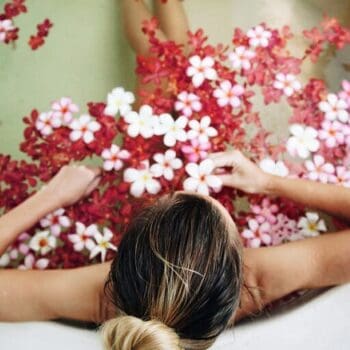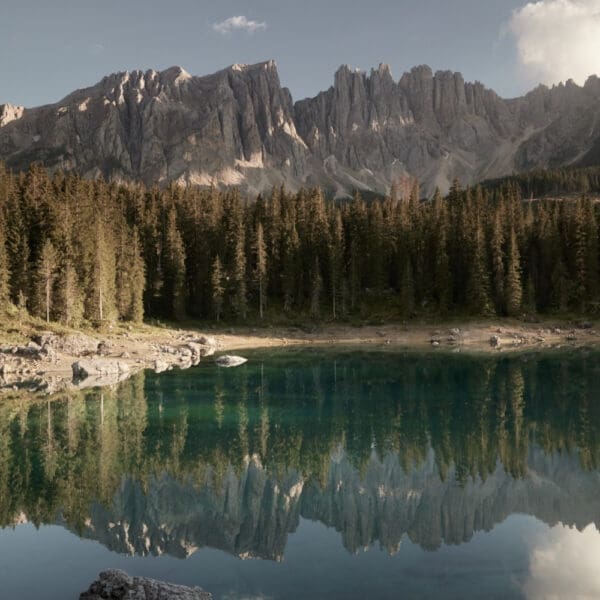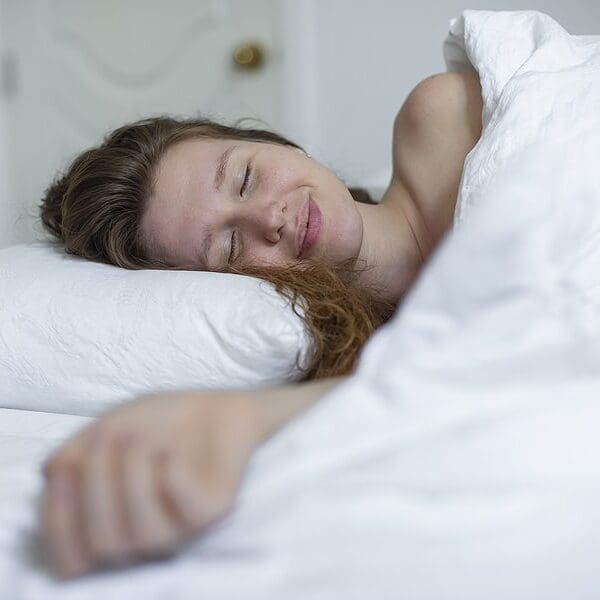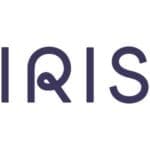 Spas have been part of the fabric of society for hundreds of years, taking their name from the Belgian town of Spa, where the discovery of a natural spring in 1326 led to the first dedicated health resort. Since then, spas have become an integral part of the hospitality scene. In recent years, however, the emergence of ‘wellness’ – a broader concept encompassing mental and physical wellbeing – has changed the way hotels sculpt their offering to go far beyond the simple spa.
Spas have been part of the fabric of society for hundreds of years, taking their name from the Belgian town of Spa, where the discovery of a natural spring in 1326 led to the first dedicated health resort. Since then, spas have become an integral part of the hospitality scene. In recent years, however, the emergence of ‘wellness’ – a broader concept encompassing mental and physical wellbeing – has changed the way hotels sculpt their offering to go far beyond the simple spa.
From AI-powered beds to longevity hubs and sleep consultants, hotels are taking an innovative approach to integrate wellness elements and provide a holistic environment for wellbeing.
A recent report by McKinsey revealed that 73% of UK consumers consider wellness an important priority in their lives. This growing focus means the global wellness tourism industry’s value is projected to surge to $1.3 trillion by 2025,[1] highlighting the need for the hospitality sector to prioritise wellness and stay ahead of its trends. Progressive thinking may be what separates hotels that thrive versus those whose popularity wanes.
As MD of Burgh Island Hotel, a self-contained tidal island retreat where guests can escape the stress of everyday life, these are my predictions for the top wellness trends this year.
Sleep tourism

One in eight UK adults struggle with persistent fatigue according to a YouGov poll, so it’s no surprise that sleep tourism is one of 2024’s most prominent trends.[2] We know that achieving sufficient sleep is crucial to maintaining good physical and mental health. Inadequate sleep can cause acute short-term issues and increase the risk of developing chronic health problems.[3] With health trackers providing daily sleep data, more people are aware of the quality of their sleep and the need to optimise it. Indeed, in the five years to 2028, it’s estimated the sleep tourism market will grow by over $400 billion as ever more people prioritise holidays that enable them to sleep well.[4]
So how can hotels meet this need? The first step is to make it a key consideration in architectural and design planning by creating rooms that minimise noise and light disturbance, provide well-filtered air and – one of the biggest bugbears – offer noiseless, effective temperature control. Creating an ambient, customisable environment will significantly elevate guests’ experience. Sleep aids such as smart mattresses – where sleepers can set different temperatures on either side of the bed – high-quality sheets, white noise tech, pillow menus and sleep masks with biometric sensors will all help.
Taking this further, some hotels now have sleep experts on hand to help visitors improve their sleep, while others offer mindfulness, nutrition and sleep-based therapies to ensure guests feel restored. The most advanced retreats even provide dedicated sleep suites that embrace the latest technology for those to whom good sleep is the utmost priority.
Digital detox
Digital solutions are helping us learn far more about our health via fitness trackers and apps, but the converse side is that we live in a world in which we are inundated by screens and technology – whether from phones, iPads, computers or televisions. Constant blue light exposure, especially at night, is well-documented to be bad for our health, but in today’s world it can be hard to manage screen time.
For this reason, one of the key wellness trends of 2024 is digital detoxing, where guests eliminate screen time and take a mindful approach to focus on being more present in their surroundings. Often, this is coupled with spending more time in nature.
Some hotels now offer comprehensive digital detox retreats, while others provide an environment that helps guests reduce their digital dependence through technology-free zones and guided programmes that encourage digital disconnection. At Burgh Island Hotel, for instance, digital devices are deliberately absent from rooms and are only available on request.
Daily movement
We know the importance of movement in maintaining good mental and physical health. Netflix’s 2023 hit docuseries, Secrets of the Blue Zones – which explored communities whose populations live longer than average – identified regular movement interspersed throughout the day as a key factor in living longer. However, office environments can make it hard to achieve this in everyday life. With fitness trackers nudging us to achieve regular movement – or documenting our lack of it – I believe we’ll see an increased focus on movement in 2024 as guests seek to optimise their wellbeing.
Regular walking became a habit for millions during the pandemic. Taking this a step further, people are now turning to activities like rucking (walking with a weighted pack) to build endurance, increase bone strength, burn calories and support heart health.
Traditionally, most hotels’ primary exercise offering has been the gym. For guests who want broader options, hotels can consider offering group walking activities, exercise classes, stretching sessions, and gyms that incorporate diverse equipment and technology, such as digital exercise mirrors, for a more versatile experience. Burgh Island Hotel’s location along the South West Coast Path makes it an excellent location for hikes, with stunning views of the Devon hills and coastline.
Stress relief therapy
Stress is a known contributor to ill health. In the battle to reduce it, people are embracing a range of relaxation methods, from meditation to sound baths and art therapy, and looking for hotels that can provide these experiences. According to research by Booking.com, meditation and mindfulness getaways are ever popular with global travellers (44%), while two in five (40%) aim to find peace at a silent retreat.[5]
At Burgh Island Hotel, we offer regular art workshops with our island artist and provide a unique destination in which to reconnect with nature. Our guests can also attend Forrest yoga sessions in our Grand Ballroom, and go for a relaxing swim in our unique natural seawater Mermaid Pool. Other hotels are taking different angles to wellness, whether focussing on equine therapy, stress reduction, breathwork, reiki energy healing, mindfulness, self-growth or other holistic approaches that focus as much on the mind as the body.
Looking to the future
As our preoccupation with achieving wellness continues to grow, hoteliers will need to recognise wellness as a key aspect of their business. Spas will, of course, always be popular, but with numerous angles to choose from, wellness is broad enough that all hotels can incorporate their chosen elements to meet the needs of wellbeing-conscious guests.
[1] https://globalwellnessinstitute.org/global-wellness-institute-blog/2022/01/11/industry-research-new-data-on-wellness-tourism-projected-to-hit-817-billion-this-year-1-3-trillion-in-2025/
[2] https://yougov.co.uk/society/articles/40047-one-eight-britons-feel-tired-all-time
[3] https://www.nhlbi.nih.gov/health/sleep/why-sleep-important#:~:text=During%20sleep%2C%20your%20body%20is,long%2Dterm)%20health%20problems.
[4] https://fortune.com/well/article/sleep-tourism-wellness-travel/
[5] https://news.booking.com/bookingcoms-seven-predictions-for-the-creative-reimagination-of-travel-in-2023#




















